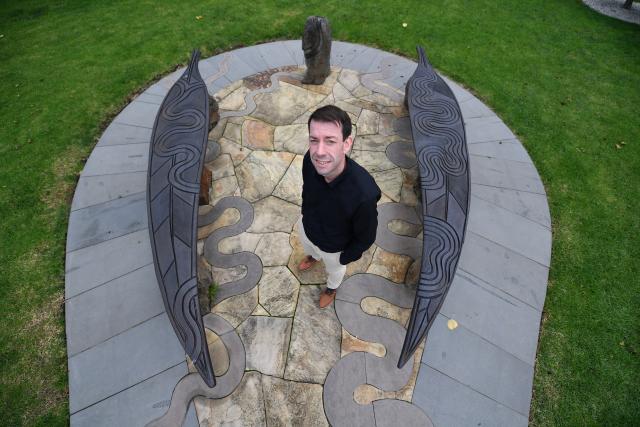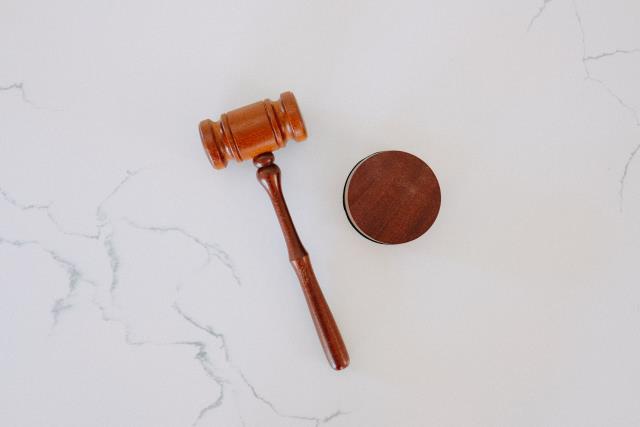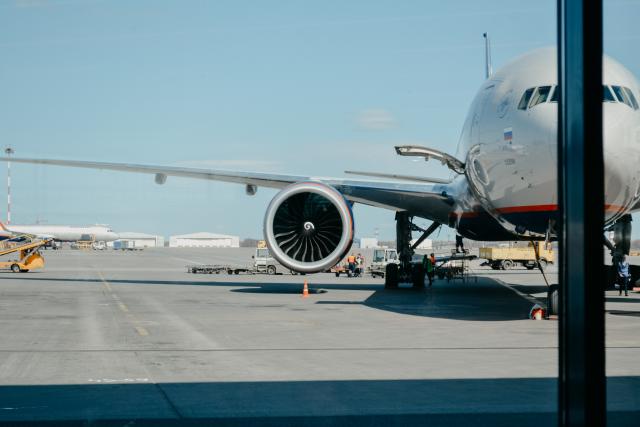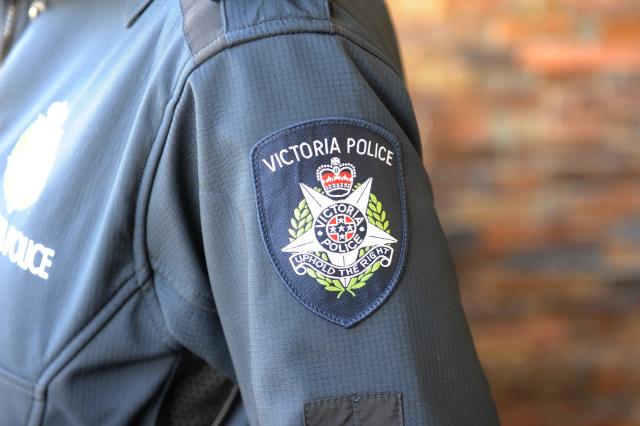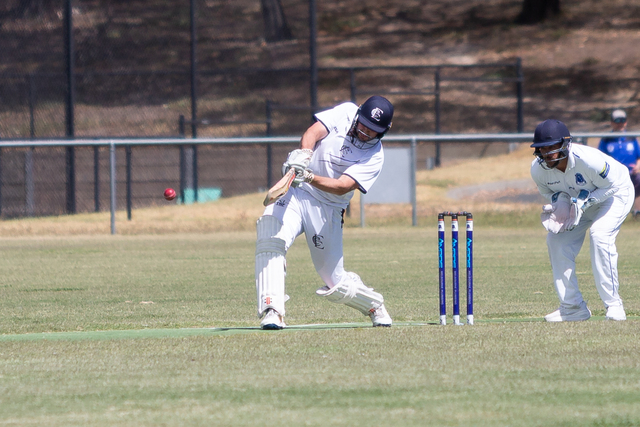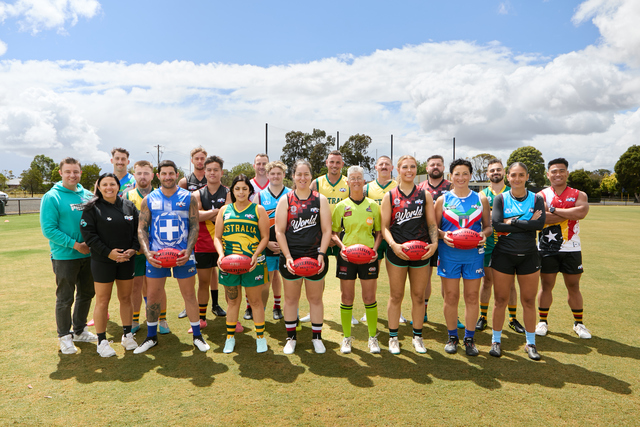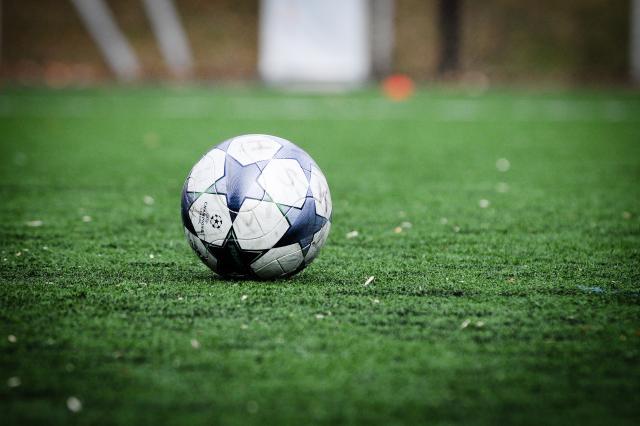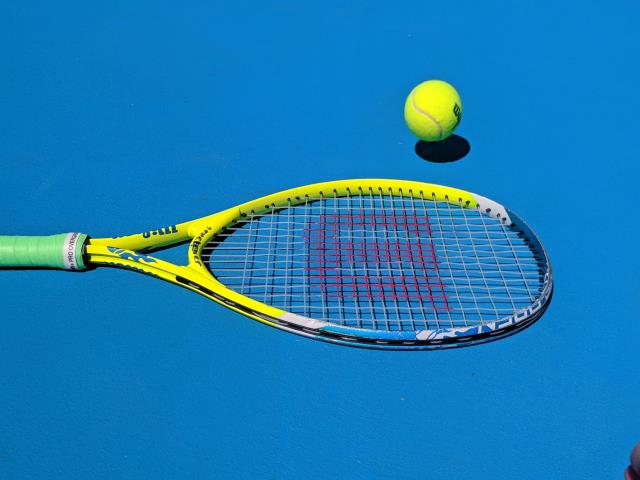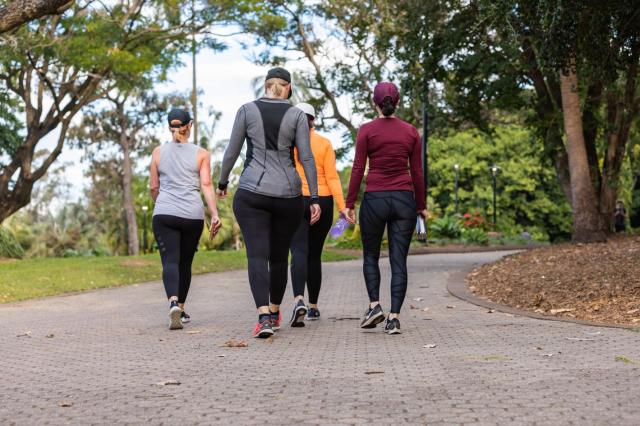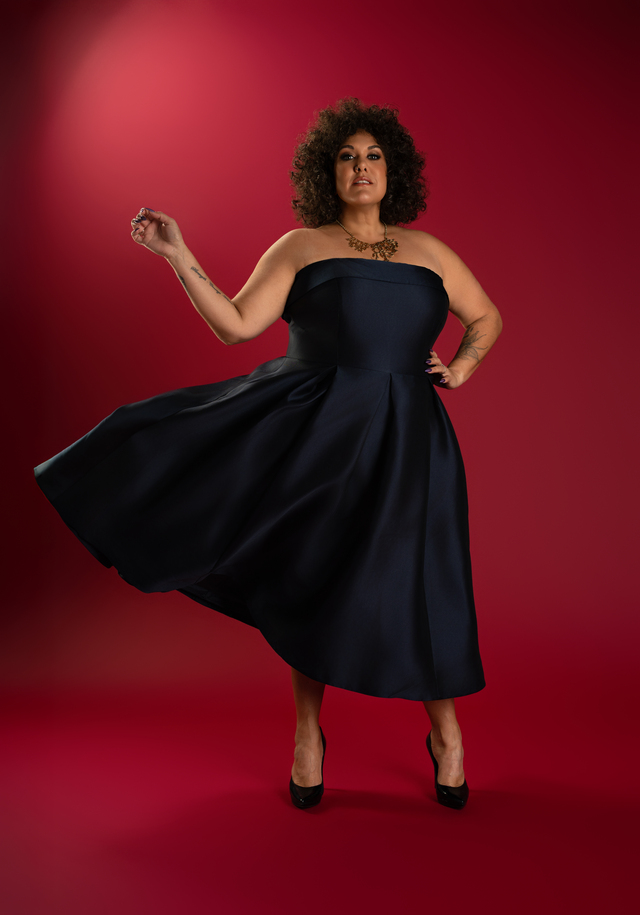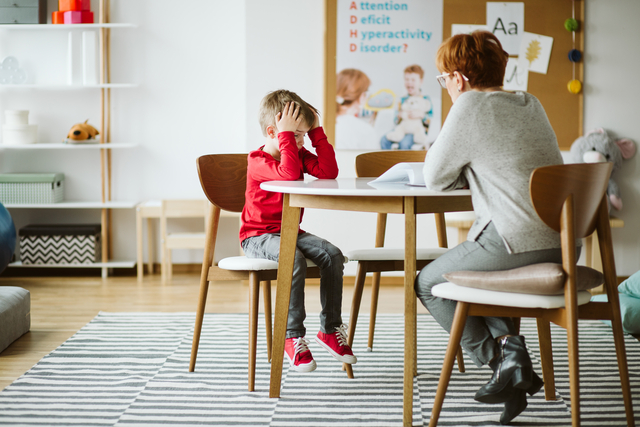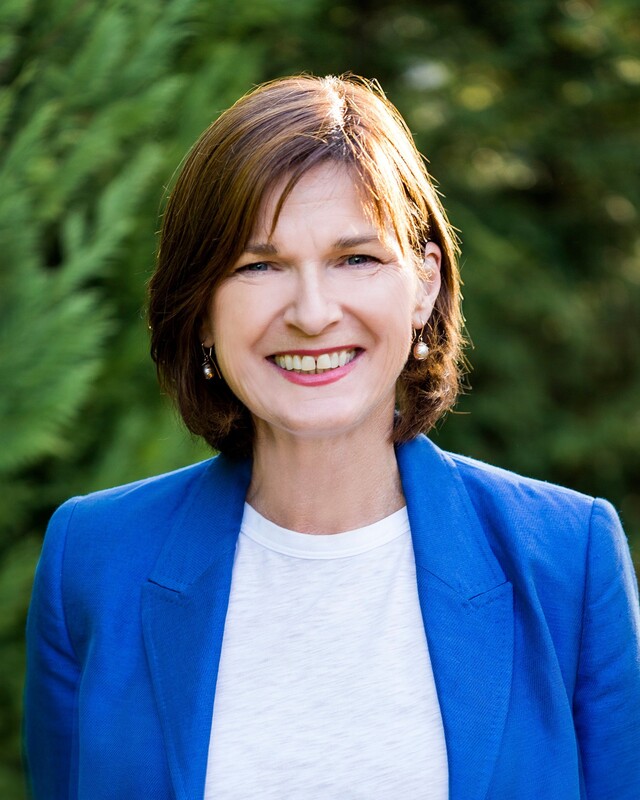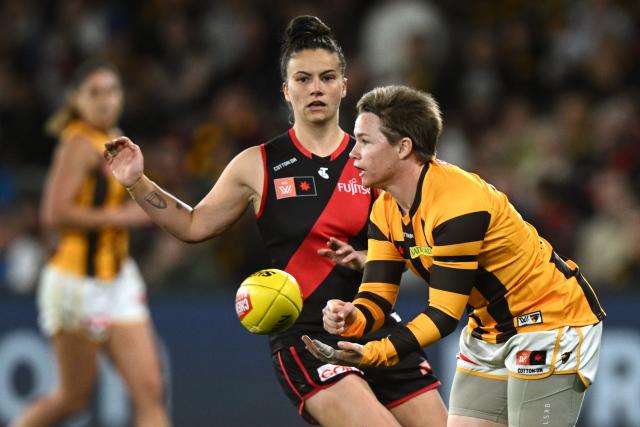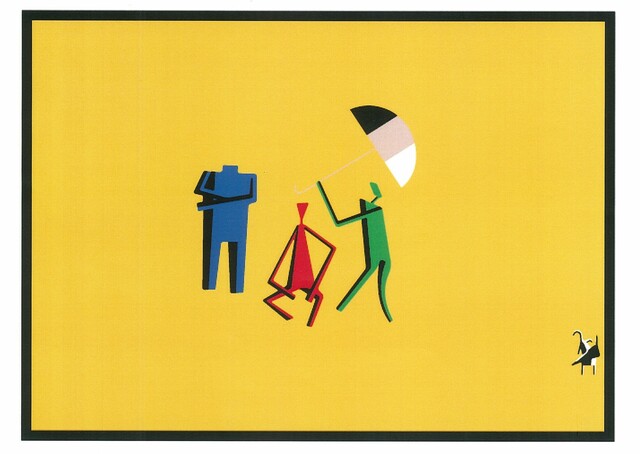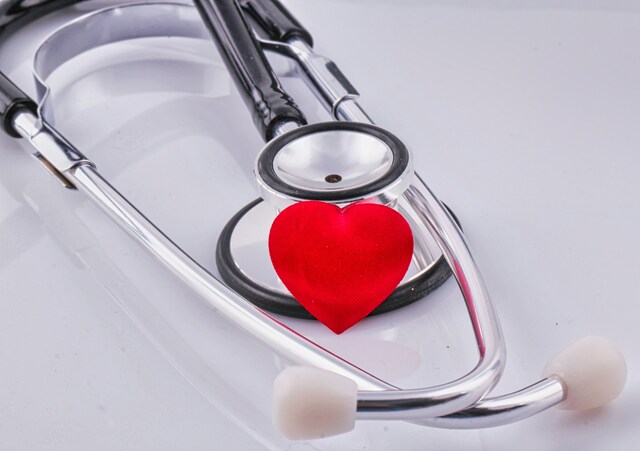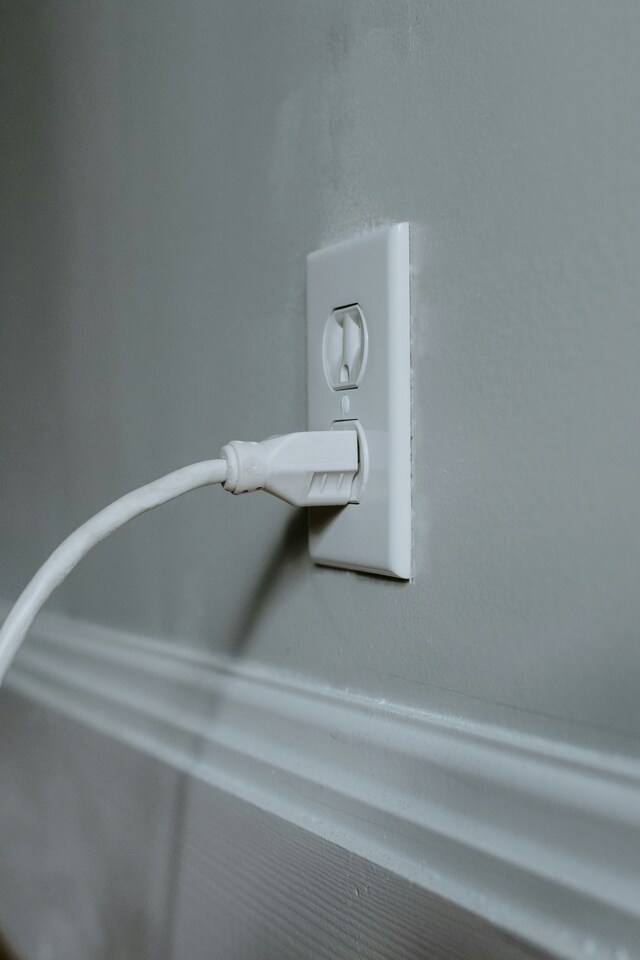Ahead of National Reconciliation Week, Helena Abdou spoke to co-chair of the Whittlesea Reconciliation Group, Blair Colwell.
The Whittlesea Reconciliation Group was formed 21 years ago, and comprises both Aboriginal and non-Aboriginal committee members to discuss issues and opportunities relating to the Indigenous community within the municipality.
Blair joined the group over a decade ago as he was inspired by the leadership of his Indigenous elders.
“Their contribution and commitment to the Aboriginal community in that they were trying to build a community that was more inclusive and collaborative, I was just captured by that spirit,” he said.
The 41-year-old’s ties to the Indigenous community stem from his family’s history with the Palawa mob from Northern Tasmania.
“Growing up in the Whittlesea area and becoming more connected with my Aboriginality and understanding the community has been really interesting, Blair said.
“My cultural identity is central to who I am.”
He said the group was imperative in giving the Indigenous community
“When I think about what’s the benefit of having a reconciliation committee, I think about those social benefits in that space but it’s also about trying to improve the outcomes, Blair said.
“So part of it is about promoting reconciliation, the other part is ensuring that Aboriginal people have a voice within the council and that we’re trying to create a council that works for the benefit of Aboriginal people as well as the community.”
Blair said to be an Indigenous person means to look out for all those around you and dedicating your life to the betterment of the Aboriginal community.
“Often in the community, we look after the children, young people first, and then we look after the family and then we look after the broader community and at the top of that pyramid are the elders. So they’re the ones that look after the nieces and nephews and the cousins, the children, then we sort of go a little bit further, it’s about the broader family. So looking after that, and then the whole community,” he said.
“So when I was thinking about what it means to be an Aboriginal person, it means looking after the community in a respectful way.”

